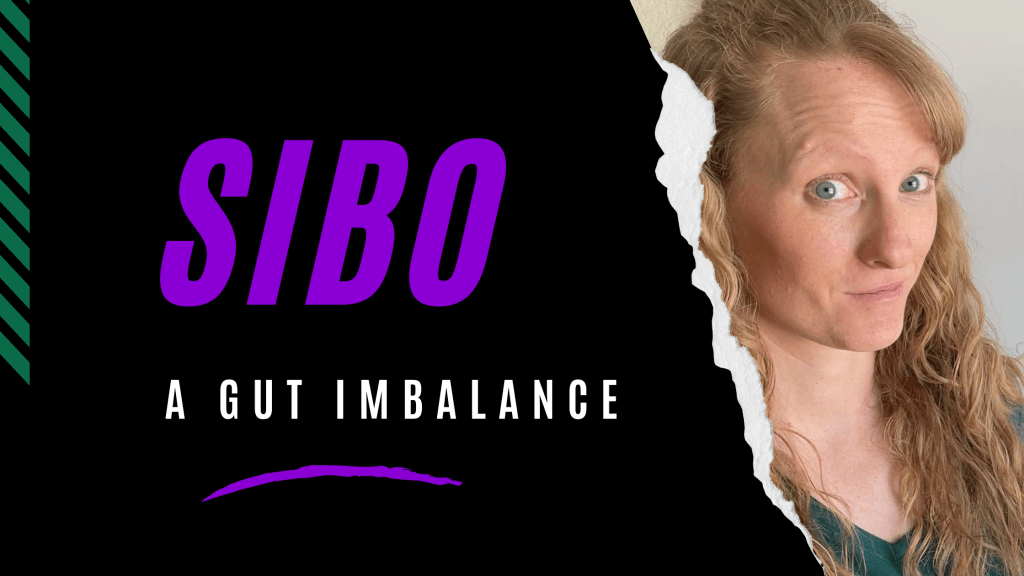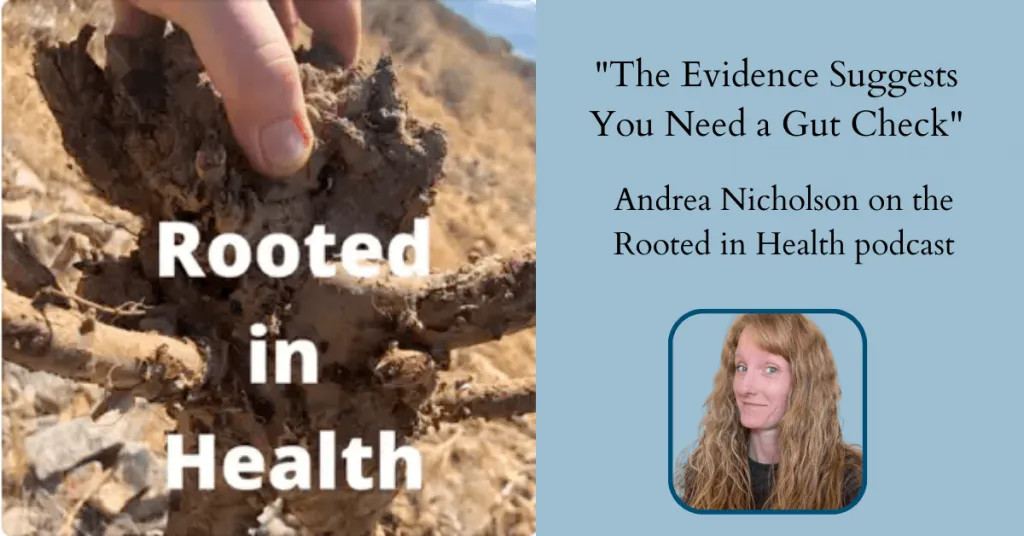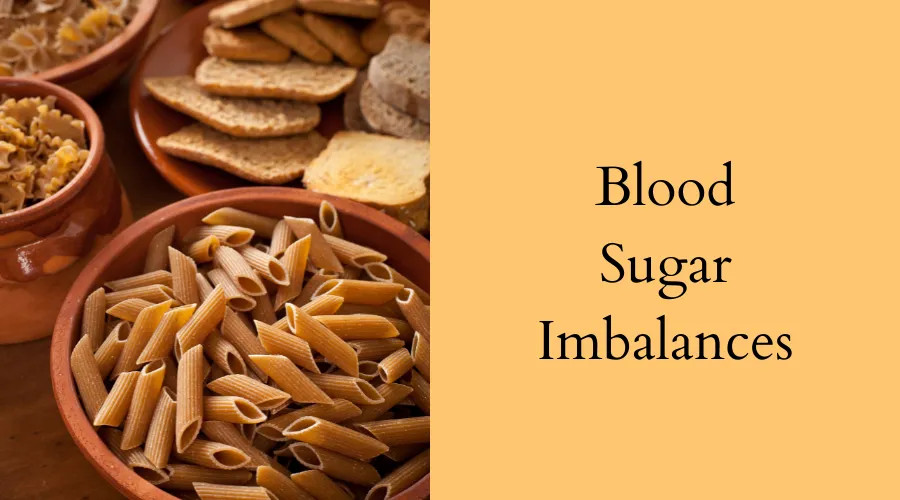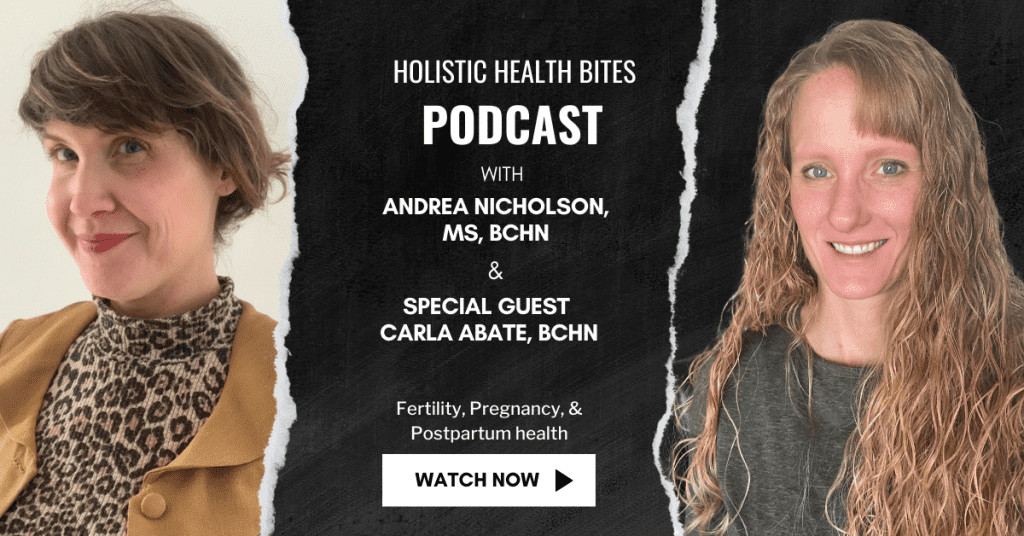
Intro to the Small Intestine & SIBO
The small intestine is a tube that runs from the stomach to the large intestine. It absorbs nutrients and water from what we eat, as well as any medications you take. What is SIBO? Bacteria can overgrow in your small intestines, creating SIBO or Small Intestinal Bacterial Overgrowth. People with conditions such as Crohn’s Disease, Celiac Disease, Ulcerative Colitis, Diabetes, and GERD (among others) are at risk for developing SIBO.
Symptoms of SIBO
The most common symptoms of SIBO are diarrhea, constipation, gas, and cramps. The symptoms vary from person to person; some will experience just one symptom, others may experience several. Sometimes there are no symptoms at all.
SIBO can prevent proper breakdown and absorption of nutrients from food which can cause vitamin and mineral deficiencies, fatty stool (steatorrhea), as well as unexpected weight gain or loss.
Causes of SIBO
SIBO is caused by bacteria lingering in the small intestine longer than they should, leading to overgrowth. This is often due to the reduced function of the migrating motor complex (MMC) – which pushes food and bacteria through the small and large intestines. This leaves partially digested food in the small intestine where bacteria ferment it, releasing gas, leading to bloating and even “leaky gut” syndrome.
The gut controls 80% of your immune system, plays a significant role in your mood and mental health, and even has an impact on which genes are turned on or off. Conditions like SIBO and leaky gut contribute to poor mental health outcomes, increased illness and autoimmune conditions, and even chronic illnesses like diabetes.
Remedies for SIBO
Fortunately, SIBO is reversible and doesn’t have to be a life sentence. There are conventional antibiotics that can be used as well as several dietary and lifestyle methods. In this post, I’m focused on lifestyle and dietary interventions, rather than prescription medications that would be handled by a medical doctor.
Low-carbohydrate, whole-foods-based diet
Carbohydrates and fibers found in many carbohydrate-containing foods feed bacteria, contributing to their overgrowth. By limiting carbohydrate intake, you can help starve the bacteria, thereby eliminating them. Pairing the low carb diet with higher fat content also helps to reduce inflammation which can play a part in causing symptoms like abdominal pain and bloating.
Intermittent fasting
The digestive system has a tremendous healing ability – when we give it a rest. Limiting food intake to a narrower window of time each day can give additional time for your body to fight off those extra bacteria. You’re also not feeding them while you’re fasting! Simply move your first meal of the day to later and/or move your last meal to earlier each day. There is no perfect way to incorporate fasting, so feel free to mix and match different schedules to find what works best for YOU.
Limit high FODMAP foods.]
Foods such as onions, cabbage, apples, beans, simple sugars, broccoli, many fruits, and many grains. For the most stubborn cases of SIBO, you might try a Specific Carbohydrate Diet or Elemental Diet which limits the type of carbohydrates and nutrients you consume to limit those that most feed bacteria in the gut.
Stop snacking
Eating less often means you’re feeding your bacteria less often. This allows time for your digestive system to rest and fully clear out before taking in more food. When you are eating, be sure to chew well and eat slowly – undistracted.
Prioritize a healthy lifestyle
Daily exercise or physical activity, quality and sufficient quantity of sleep, reducing and managing stress, and focusing on consuming only whole, unprocessed foods.
Supplements or Herbs
Certain supplements may also be helpful such as herbal antimicrobials or probiotics. Because SIBO can vary from person to person, it’s best to work with a practitioner (like me) to determine the best course of action. Some remedies may work well for you, but others may make the symptoms worse. Working with a professional who understands the condition can make the entire journey much easier!
Bottom Line
SIBO is no fun, but can be remedied and even prevented by following a holistically healthy lifestyle. There are laboratory tests that can confirm if you have SIBO – and which bacteria are overgrowing. This can be useful, but it’s always necessary. Most of the whole food and lifestyle strategies are great for overall health and don’t come with any significant risks, so you can try them without having an official test result to say you have SIBO. Eating quality foods, intermittent fasting, and having healthy eating habits are great tips for everyone, not just those with SIBO!
SIBO, gut imbalances, and metabolic disorders don’t have to be life sentences. You can overcome these conditions through the proper nutrition and lifestyle strategies that are right for YOUR body. Schedule free call today to learn how Nutrition Therapy can help get you on track to optimal physical, emotional, and environmental health!





















0 Comments